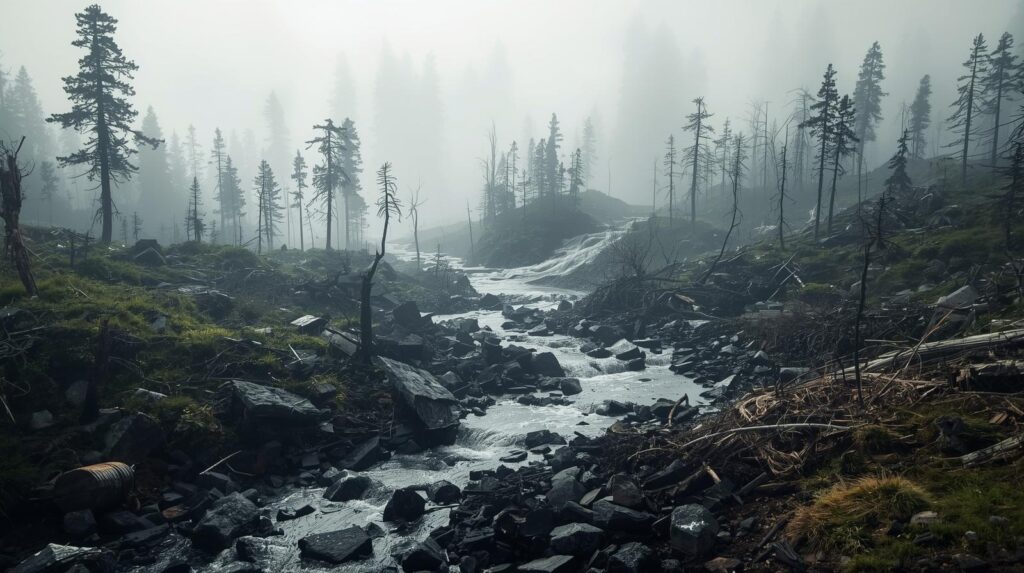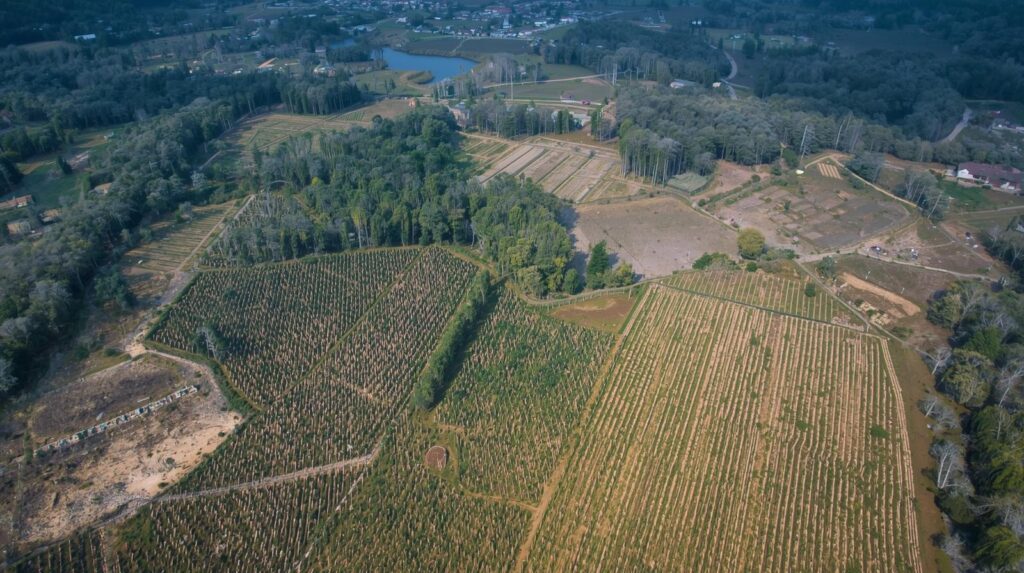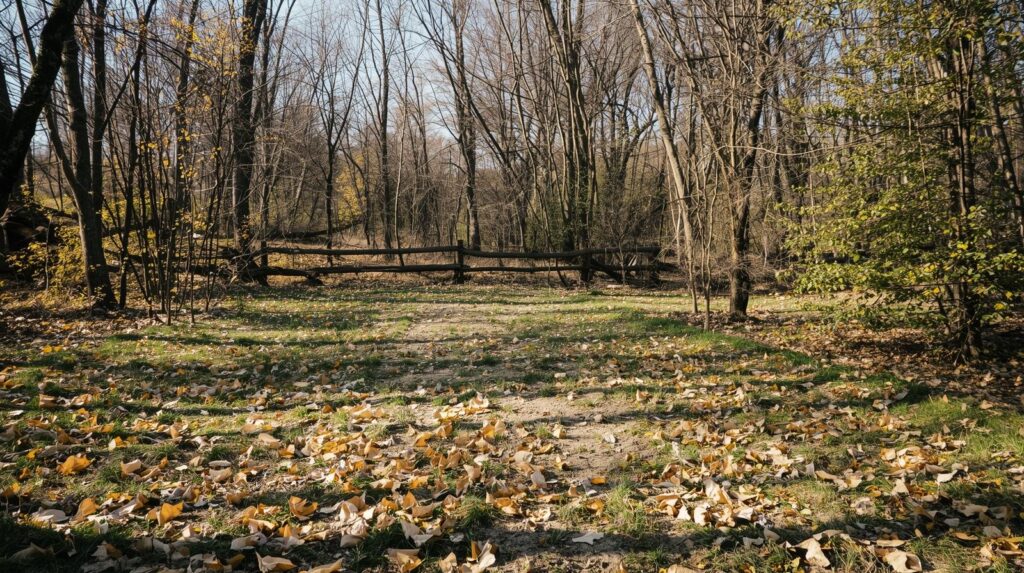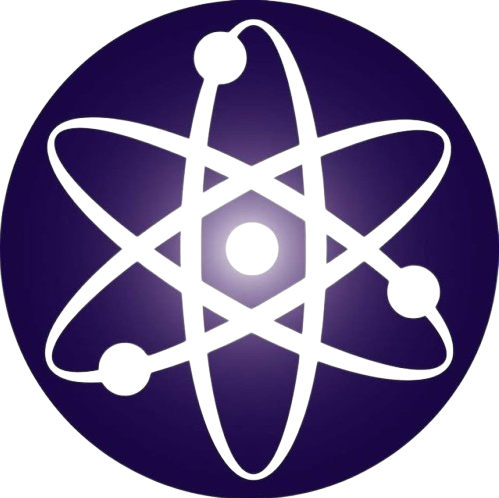How Climate Change Is Transforming Our World
The World We Call Home
How Climate Change Affects the Environment? Everyone thinks about it. Climate change isn’t a far-off threat we can afford to dismiss – it’s knocking on our door already, rewriting everything that matters to us. It’s not warmer temperatures or melting ice alone; it’s the breath we breathe, the waters that nourish billions, and the delicate web of life that unites us. This is personal.
Much of it is a result of us humans. Cars thundering down highways, factories producing products, trees falling beneath chainsaws – all emitting greenhouse gases into the air, trapping heat as a warm blanket wrapped in a suffocating shroud. Join me on this tour of what it is for our world: from the forests we roam to the oceans we cruise, the atmosphere we breathe, and even the food we eat. I’ll keep it real, straightforward, and from the heart.
A World Running a Fever
Our Earth has warmed up by about 1.1°C since the late 1800s. Sounds minor, right? But for nature, it’s a game-changer – like cranking the heat in a delicate ecosystem until everything starts to unravel.
Forests are suffering. Picture walking through a lush forest, birds singing overhead, now quiet and battered. Trees, stressed by hot temperatures and dry ground, provide a vulnerable target for disease like bark beetles. The Amazon, the world’s “lungs,” is dehydrating, losing its sorcery to capture carbon and nurture animals such as jaguars and sloths lazing about.
Grasslands and wetlands are slipping away. Picture vast prairies turning to dust bowls, leaving grazing animals like deer starving. Wetlands – those soggy heroes that soak up floods and store carbon – are evaporating as rains play hide-and-seek. Without them, frogs fall silent, migratory birds lose their rest stops, and we’re left dodging bigger, badder floods.
Storms, Fires, and Nature’s Fury
Climate change is fueling the mayhem, making the weather wilder and more merciless.
Hurricanes land with a harder wallop, fueled by warmer seas. Hurricane Beryl tore through coastlines in 2024, devastating coral reefs and mangroves – nature’s own sea walls.
Droughts persist, shattering morale. In the Horn of Africa, persistent dry spells have left the fields cracked, the crops shriveled, and the livestock falling like flies.
There are raging wildfires. In 2023, Canada’s wildfires burned an area of land the size of a small country, shrouding skies in suffocating smoke and emitting carbon that contributes to the fire itself.

Floods strike with the force of a tidal wave of grief. In 2022, Pakistan experienced a third of its territory being overwhelmed by record rains. Houses disappeared, fields were submerged, millions were forced out – a grim reminder that this is not only about trees and tigers; it’s about people’s lives being pulled apart.
Oceans Taking the Heat
Oceans cover 70% of our planet blue, serving as its pulsating heart – but they’re taking the heat, and it’s shattering them.
Coral reefs are bleaching. Descend into the Great Barrier Reef and imagine a rainbow of color dissolving to ghost-white. Too-warm water causes corals to throw off the microscopic algae that feed them. Half this marvel has perished since the 1990s, with turtles, fish, and sharks bobbing around.
Ocean acidification slips in unnoticed. It’s 30% more acidic than during the 1800s due to all that absorbed carbon, dissolving clam shells, oysters, and corals – rattling the ocean’s food chain to its foundation.
Rising seas consume shores. Melting ice would rise a meter by 2100. Coastal sanctuaries such as mangroves, where juvenile fish are born, are drowning beneath the waves. For low-lying areas such as the Maldives, this is not future conversation; this is today’s sorrow.
Air That’s Harder to Breathe
Warming days don’t only deliver sweat; they cook grubbier air. Smog clings to cities, inflaming lungs and withering crops. Wildfire smoke wafts far and wide, contaminating soil and streams with poisons.
In Siberia, thawing permafrost releases methane – a heat-trapping gas far worse than CO2. It’s a vicious cycle: more melt, more gas, even more warming. Difficult to slam on that brakes train.

Wildlife on the Edge
The vibrant tapestry of life – biodiversity – is unraveling at the edges. Polar bears stalk dwindling ice, searching for seals on terra firma. Birds migrate seasonally, arriving at barren feeders.
Plants bloom out of whack, confounding pollinators such as bees.
The WWF alerts us to a potential loss of a third of all species by 2050. Every loss is a strand pulled from the weave of life – pull too many strands, and it unravels entirely.
Food and Farms at Risk
Agriculture is suffering from all sides. Floods wash away one season’s crops; droughts wither the next. In India, unpredictable monsoons destroy rice and wheat crops, threatening millions with starvation.
In America, storms wash away valuable topsoil – the material that takes a lifetime to create. Less productive land equals fewer crops, rip-off prices, and bare plates for families across the board.

The Chain Reaction
The most frightening aspect? It’s all connected in a domino effect. Burned-down forests release sequestered carbon, warming oceans again. Acidic waters poison corals, starving fish that feed birds. and us. Thawing permafrost emits methane, speeding the mess.
They’re called “tipping points” by experts – those irreparable flips. When the Amazon flips to savanna or Greenland’s ice melts, our world changes in ways we can’t turn back.
Hope We Can Hold Onto
It’s a lot to absorb, and it can feel overwhelming. But hear this: we have the power here. Real change begins with us.
Grasp clean energy – solar and wind are like giving the earth a do-over.
Protect nature – forests and wetlands are our natural defense against the storm.
Make daily changes – reduce meat, recycle, cycle or bus, support policies that mend.
Get loud – push leaders and corporations to be green, slash emissions, invest wisely.
A single step begins a movement. Billions of us? That’s a revolution.
One Home, One Shot
Climate change is not distant environmental concept – it’s interwoven into our wellbeing, our meals, our aspirations for tomorrow. This planet is not a setting; it’s the breath in our tales, the earth beneath our feet.
We stand at a turning point. Act now, collectively, and we safeguard this marvel for our children. Delay, and we risk losing our sole home. Let’s opt for hope. Let’s opt for us.
